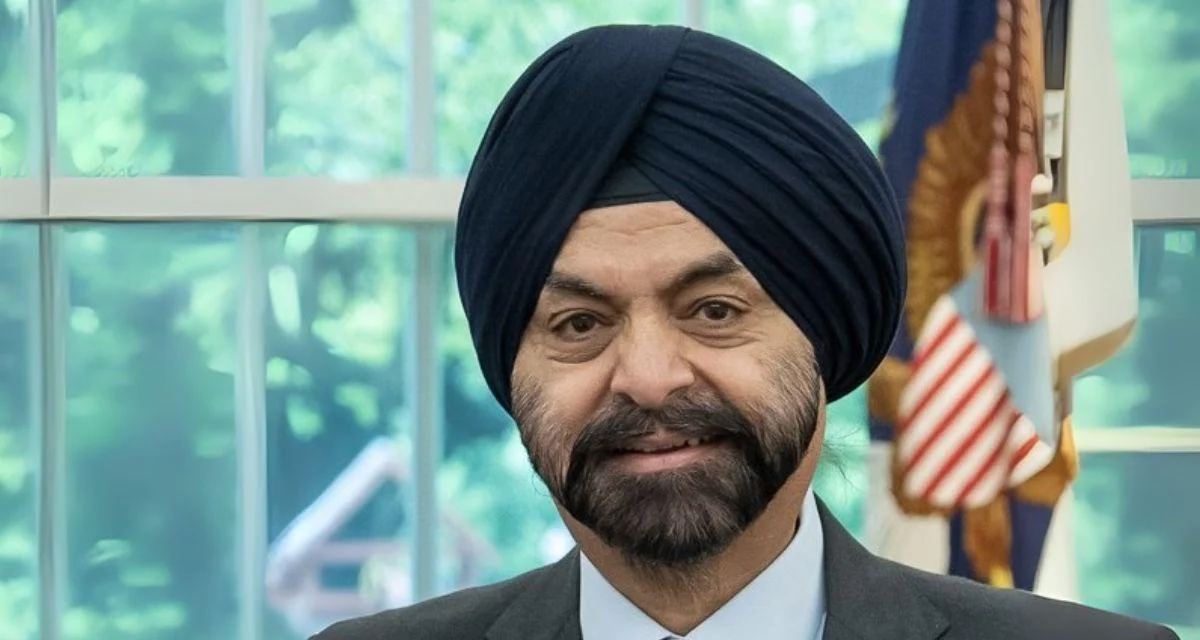The World Bank has highlighted the urgent need for innovative financing solutions to address development challenges in low-income countries, particularly in Africa. Speaking at the UN Global Compact Leaders’ Summit, a representative from the organization reflected on recent global events that have influenced current priorities, including last year’s UNGA midterm review of the Sustainable Development Goals (SDGs), this year’s Finance for Development event in Seville, Spain, and the Africa Climate Summit in Addis Ababa.
According to the speaker, these events underscore several pressing issues: “The SDGs are hopelessly off track. In Seville, we saw clearly that what is needed in terms of financing is not billions but trillions—and those resources are missing. And in Africa, a continent responsible for only 3–4% of global emissions, the effects of climate change are hitting disproportionately hard.”
With approximately 1.2 billion young people expected to enter the labor market over the next decade and only a fraction likely to find jobs, there is growing concern about employment prospects. The speaker noted that official development assistance (ODA) levels are falling and private sector engagement is declining compared to previous years.
Emphasizing a global perspective beyond OECD countries, the World Bank representative called for concrete action: “The first imperative is staying engaged—not just with speeches, but with real action. That means investing, financing, and delivering concrete results. People are tired of promises without follow-through. We need radical transparency.” They advocated for clear reporting on commitments made at forums like UNGA and annual updates on progress.
At the World Bank, efforts are underway to leverage limited donor resources more effectively through its International Development Association (IDA). The speaker explained: “Over 65 years, IDA has evolved to leverage donor resources far beyond traditional ODA. For every $1 contributed by donors, we now leverage $4 in financing, turning, for instance, $24 billion into $100 billion in commitments for the next three years—70% of which will go to Africa.”
Multilateral development banks can maximize impact with relatively little capital; at the World Bank specifically, each dollar of equity can result in around ten dollars committed over a decade through balance sheet optimization strategies.
However, public funding alone will not suffice. The representative stressed: “As previous speakers have said, the private sector will be essential. We need them investing in developing countries especially in Africa.” This requires supportive policy reforms and risk mitigation tools such as guarantees and risk-sharing facilities.
One key initiative mentioned was Mission 300—a plan aiming to provide electricity access to 300 million Africans by 2030—addressing energy needs critical for digital transformation across the continent.
The call concluded with an emphasis on accountability and coalition-building: “Even in challenging times we must stay laser-focused on scaling real projects delivering results and honoring our commitments—especially for countries and communities left behind… If we do that—if we invest innovate and hold ourselves accountable—we can build a better world together.”

